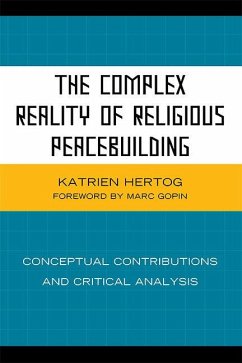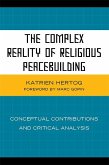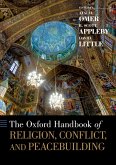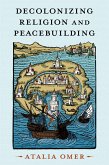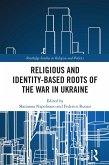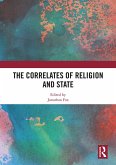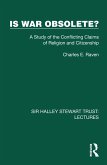This insightful book focuses on the multifaceted subject of sustainable religious peacebuilding. Katrien Hertog discusses the ways in which religious actors can utilize resources to prevent violent conflict from occurring, reduce conflict when it does happen, and rebuild bridges between sides in after conflict has ceased. She examines the emergence of the field of religious peacebuilding, developing a conceptual framework that outlines how aspects of religious organizations can contribute to effectual peacebuilding and creating a screening model that allows readers to analyze the resources and obstacles to peacebuilding in-depth. Using the Russia and the Orthodox Church as a major case study, Hertog clearly shows what the concrete resources for peace are, how they are applied, what obstacles are hindering their realization, and how these resources can be better utilized and supported. This book tackles the controversial issue of the place of religion and religious organizations in the peace process. While recognizing that no simple answer exists in solving ethnic, religious, and tribal conflict, Hertog presents the ways religion can be used to create lasting, sustainable peace.
Bitte wählen Sie Ihr Anliegen aus.
Rechnungen
Retourenschein anfordern
Bestellstatus
Storno

